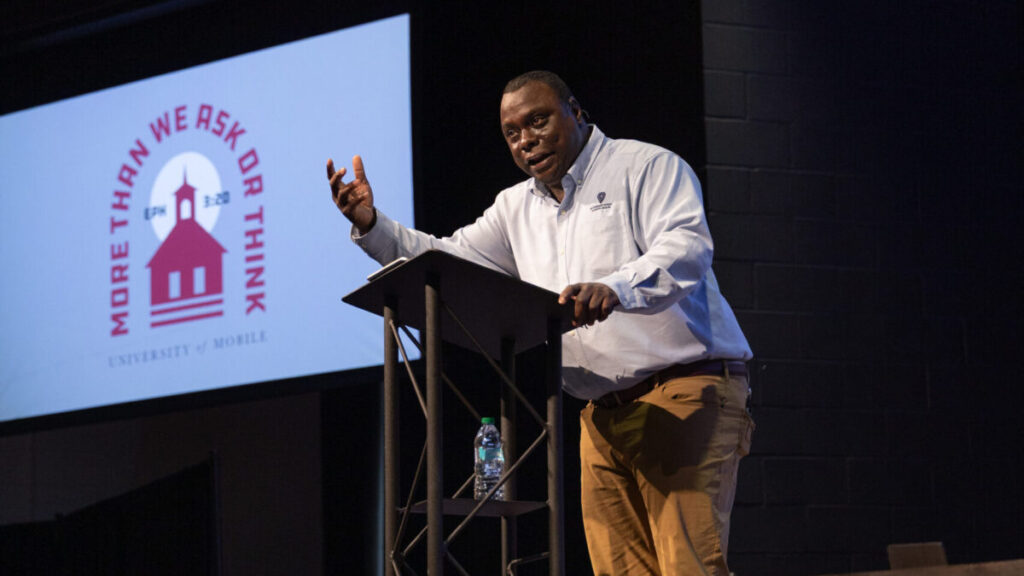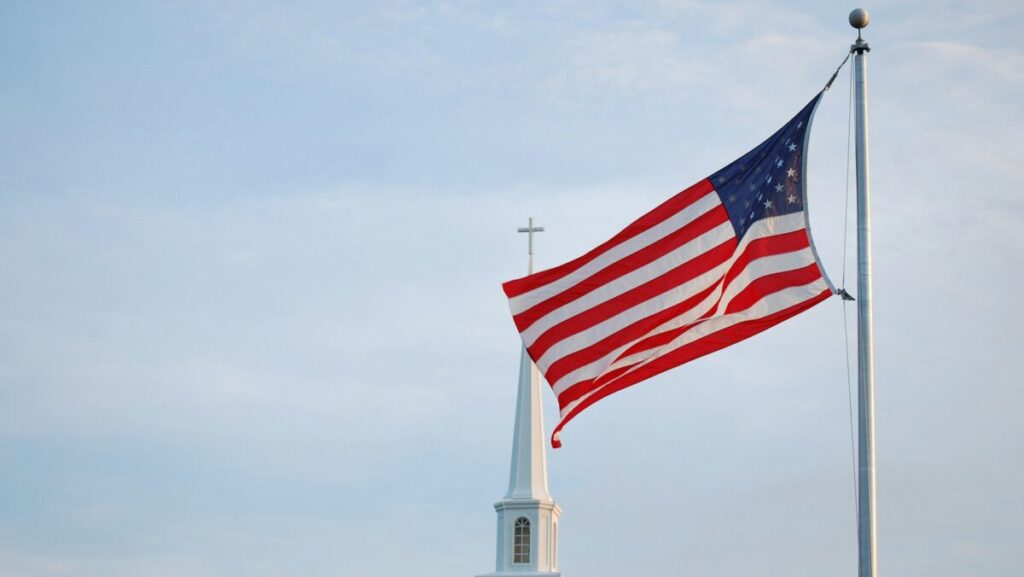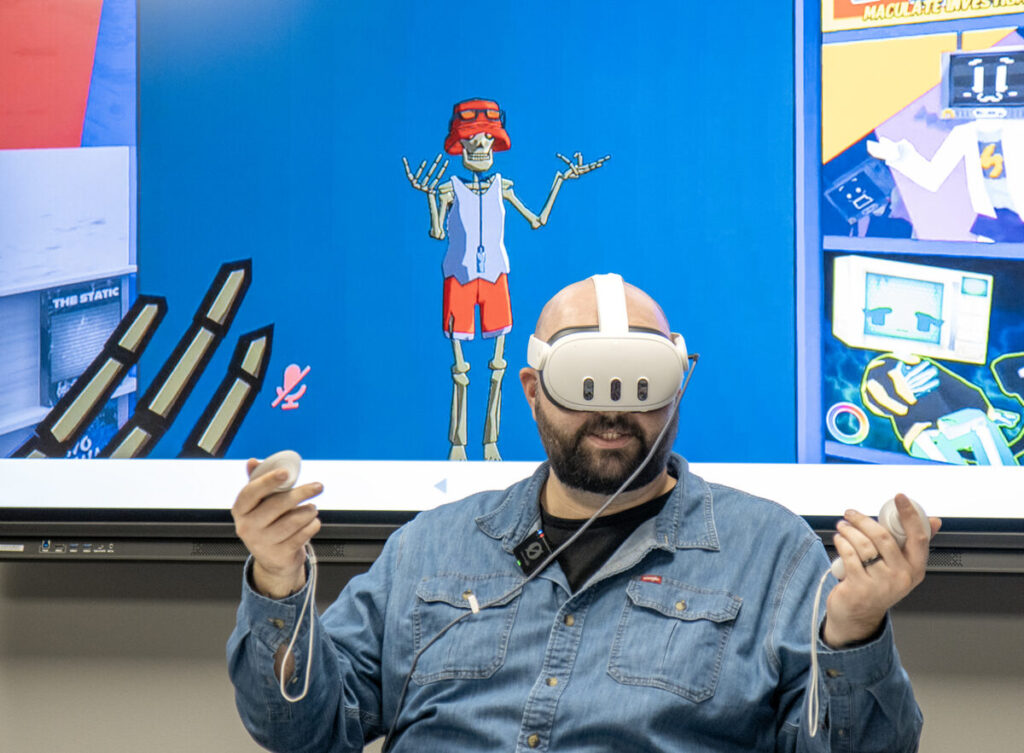Nobody can predict with certainty what the next 400 years hold for Baptists — or for any religious denomination — church historian Martin Marty told a recent gathering at Baylor University.
But Marty, professor emeritus at the University of Chicago Divinity School and longtime Christian Century columnist, offered general observations based on history and trends as he spoke on “The Future of a Denomination: Baptists in the Next 400 Years.” The Jan. 17–18 event was scheduled as part of the Texas Baptist university’s recognition of the 400th anniversary of the Baptist movement.
Marty characterized denominations — as distinct from a single state church — as a “four-century-old Anglo-American invention” and noted Baptists were “present at the creation.”
While some observers ask if denominations in their present form are dead or dying, Marty asserted that “structurally, functionally, something would likely fill its role.”
What’s true for denominations in general undoubtedly would prove true for the Baptist movement, he suggested, but he cautioned against making confident predictions. He cited as a guiding text a line from a speech by Abraham Lincoln: “If we could first know where we are, and whither we are tending, we could better judge what to do and how to do it.”
Marty offered a series of “where-and-whither” questions followed by “what-and-how” application on a variety of subjects:
Identity
Regarding the essence of the distinctive Baptist tradition, Marty confessed, “I have not found the essence of Baptisthood.”
However, he suggested, a clue to the historically central feature of the Baptist movement lies in its name.
“Believer’s baptism by immersion was the most visible mark of being a Baptist,” he said, pointing to its “branding” nature. But the commitment to following religious convictions and living those convictions out with integrity preceded the mode and method of baptism. Separatists and others “backed into” their understanding of believer’s baptism, he asserted.
“It was so exceptional, unsettled and branding that it became central to the story and provided the name,” he said.
Marty observed less attention today is given to the meaning of believer’s baptism among Baptists — particularly as it relates to daily living and ethics — than in some places and times. He also pointed to a decline in baptisms, even in congregations where attendance has increased.
Community, autonomy
Baptists long ago “took the risk” in terms of emphasizing individual decision-making in matters of religion, Marty noted.
However, he added, historic Baptist convictions about soul liberty and soul competency have been balanced by “the integral tie to community in voluntary association.”
The challenge for the future lies in the “pick-and-choose” nature of individualized spirituality that does not find direction from a religious community, he asserted.
Church polity
Observers of church life recognize that regardless of a denomination’s official polity — hierarchical, episcopal, presbyterian, congregational or whatever — “the local wins out,” Marty observed, and “Baptists should be theologically most ready to profit from the trend.”
At the same time, individual Christians, churches and denominations have unprecedented capacity to be involved with other Christians globally through communication technology, he added. Through the Internet, “distance has disappeared,” he noted.
Church, state
In some circles “long-held Baptist views on separation of church and state have appeared to be compromised or obscured — or even abandoned,” Marty said.
“The moral crisis, the security crisis, the pluralism crisis — all have led some to conclude we are so far gone that even Baptists have been willing to call on the state to help us do our work,” he said.
How Baptists (as well as what Marty called “Baptist-like traditions”) respond to church-state issues in the future has fateful consequences for their witness in society, he observed.
Peoplehood
Baptists, like other Christians, tend to congregate and allow their lives to be shaped to a large degree along lines of social class and race, Marty noted. “Some largely white Baptist groups do better than others at reaching beyond historical bounds, but all confess that they have a long way to go,” he said.
The role of women in the church — particularly in the clergy — remains a crucial issue with which Baptists likely will grapple in the future, he noted.
Witness, pluralism
Few Baptists waver in devotion to the uniqueness of Jesus Christ, Marty said, but they struggle with how that faith relates to other world religions. “We can’t settle for a casual universalism that says we’re all in different boats headed toward the same shore,” he observed.
At the same time, some Baptists want to avoid holding to the kind of exclusiveness that would cause non-Christians to write them off as narrow bigots more focused on “denouncing each other than hearing each other,” he said.
Sex
Baptists’ response to issues such as abortion, contraception and homosexuality do not relate specifically to Baptist history and impulses — except the Baptist tendency to fight — Marty observed.
Conflict
“Baptists, as creative dissenters, were born in conflict and produce conflict,” he said. But Baptists also possess the capacity to provide “a rich and warm home,” he added. “And there are plenty of biblical texts to find direction for that.” (ABP)





Share with others: